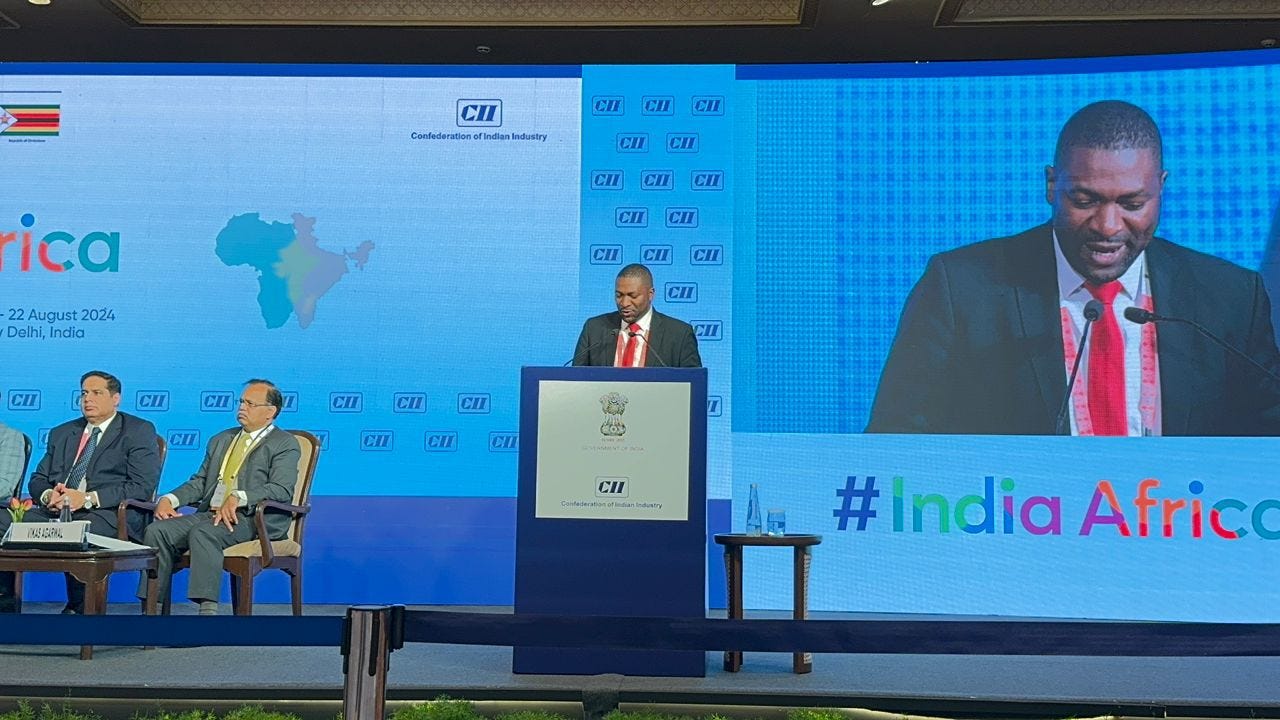Malawi Seeks Enhanced Agricultural Ties with India
“India's assistance during our time of need has been invaluable,” Kawale said.
NEW DELHI, India - Malawi's Minister of Agriculture, Sam Kawale, has underscored the country's commitment to strengthening its agricultural partnership with India, emphasizing the importance of continued collaboration and support to advance Malawi's agriculture sector, writes Bridgette Mwanoka.
Kawale made these remarks Wednesday at the 19th CII India Africa Business Conclave in New Delhi.
“Malawi is dedicated to strengthening our cooperation with India to ensure the growth and modernization of our agriculture sector,” Kawale stated.
He praised the Indian government for its significant contributions to Malawi’s agricultural transformation, describing it as “a crucial element of our national development strategy,” as outlined in Malawi 2063 and the First Ten-Year Implementation Plan.
Kawale highlighted that his ministry's primary goal is to transition Malawi from a low-yield, subsistence-based farming system to a “highly productive, commercialized agriculture model with strong manufacturing linkages.”
He noted that since 2008, India has extended a Line of Credit (LOC) worth US$180 million to Malawi, funding numerous agricultural infrastructure projects.
“These initiatives include the establishment of cotton ginneries, a sugar processing plant, the Green Belt Initiative, and the supply of agricultural machinery,” he explained.
In addition to infrastructure support, Kawale acknowledged India's crucial role in disaster relief efforts, particularly the donation of 1,000 metric tons of rice in 2020 following severe crop failures in Malawi.
“India's assistance during our time of need has been invaluable,” he said.
Looking ahead, Kawale emphasized that the ongoing meeting in New Delhi presents an opportunity to “build on these successes, explore new strategies for transforming agri-food systems, and identify both challenges and opportunities in our bilateral relationship.”
He concluded by expressing Malawi’s enthusiasm for deeper engagement with the Indian government and its private sector, highlighting the “mutual benefits of sustained collaboration in achieving Malawi’s agricultural aspirations.”



